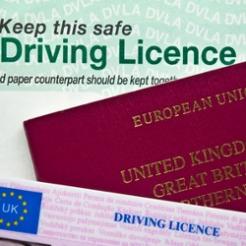CRB checks have been made "unnecessarily restrictive" for refugees and asylum seekers, say the chief executives of Volunteering England and the Employability Forum in a letter to the minister of state for immigration.
Damian Green was sent the letter on 3 August. In it Justin Davis Smith and Beryl Randall say that refugees and asylum seekers "provide a wealth of unpaid capacity by supporting children in schools, offering interpreting or translation services for vulnerable and excluded people and helping charities support their communities".
But heightened checks brought to force on 28 May 2012 will have a "negative impact on asylum seekers and refugees and their ability to volunteer in any role that requires a CRB check in England and Wales", they advise. Scotland, as a devolved nation has not brought in the new rules.
There are three 'routes' a CRB applicant can take to obtain their certification. But the new rules require all non-EEA nationals to be assessed through 'Route One' which requires the production of a valid current passport, a biomentric residence passport, a UK driving licence or a UK birth certificate. If the person cannot produce one of these, they must make an appointment at a police station for fingerprinting.
Davis Smith and Randall say that this will apply to all asylum seekers and the majority of refugees. There used to be a second list of documents that could be produced for non-EEA nationals but this has been removed. The chief executives question whether fingerprinting is necessary, as the Home Office already holds fingerprints of refugees and asylum seekers on file, and add: "It would be helpful to understand the rationale for removing this second list."
The new guidelines, strengthened as a "government priority", are currently working in tandem with the old guidelines during a phasing-in period until the 31 August.
The chief executives warn that making these rules permanent will be detrimental to society:
"Volunteering is widely recognised as a key function of integration, and particularly so for refugees and asylum seekers. It helps people contribute to their host neighbourhood, supports community cohesion, helps improve language skills and keep other skills alive and provides valuable experience for those seeking work."









